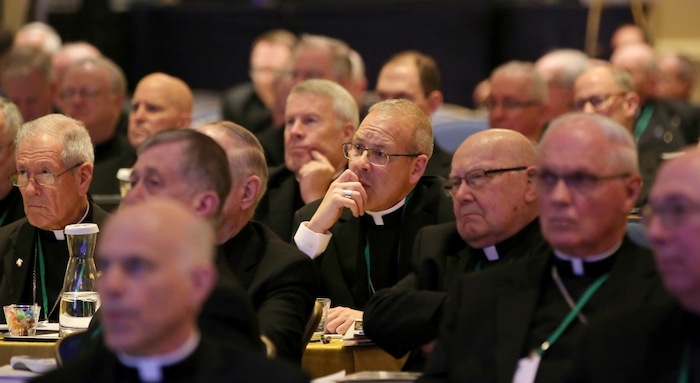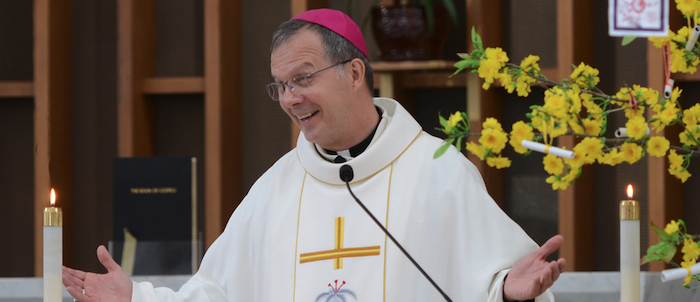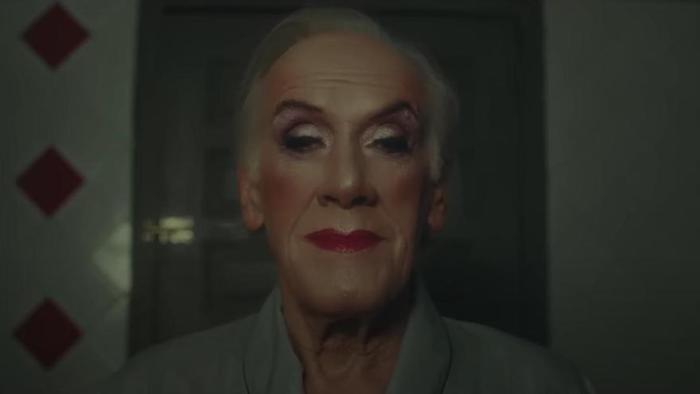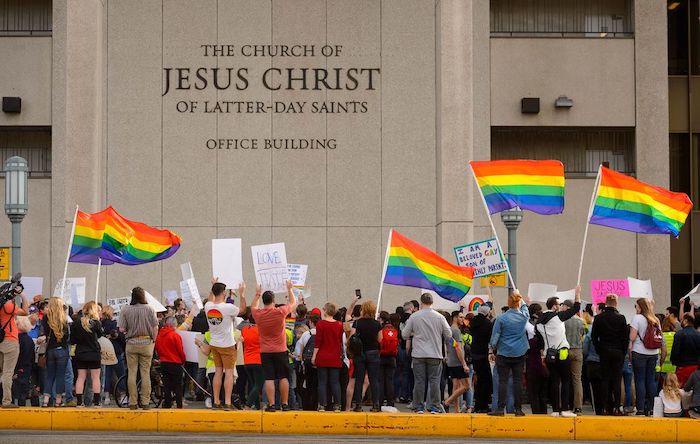— Francis spoke to a group of ten young people in June last year, in a filmed discussion released on 5 April.
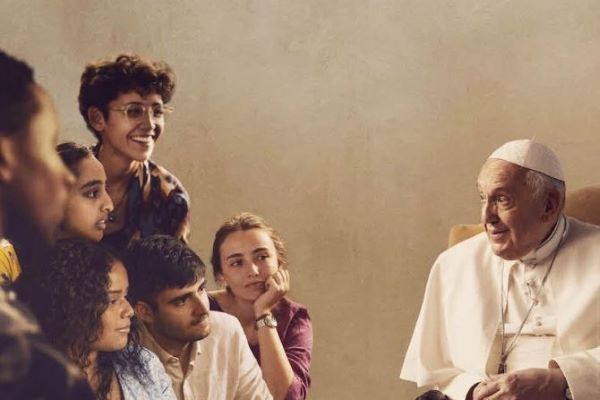
Those using the Bible to promote hate speech and exclude gay or transgender Catholics are “infiltrators” taking advantage of the Church to promote their ideologies, Pope Francis has told a group of young adults.
The 86-year-old pontiff made his comments during an emotional discussion with ten individuals aged between 20 and 25, including Catholics, non-believers and a Muslim.
In the filmed discussion, The Pope: Answers, Francis was not just asked questions but accepted challenges and rebukes, including over the Church’s handling of the clerical sexual abuse crisis.
On the Church’s approach to LGBTQ matters, Celia, a Spaniard who identifies as non-binary, asked the Pope what he thinks about “people or priests” who use the Bible to promote hate and exclusion.
“Those people are infiltrators,” he replied. “They are infiltrators who use the Church for their personal passions, for their personal narrowness. It’s one of the corruptions within the Church. Those narrow-minded ideologies.”
The Pope has faced deep hostility in some quarters for his refusal to take a “culture warrior” stance on sexual teaching. Throughout his pontificate, Francis has adopted a pastorally sensitive approach to LGBTQ Catholics, supported civil protections of same-sex couples and called for the de-criminalisation of homosexuality.
He has also publicly backed the ministry to LGBTQ people conducted by Fr James Martin SJ, who himself has faced sustained, at times vitriolic opposition to his work.
The Jesuit Pope told the young people that “deep within” those who promote hate are “severe inconsistencies” and that they judge other people due to their sinfulness.
“They judge others because they can’t atone for their own faults,” Francis said.
“In general, people who judge are inconsistent. There’s something within them. They feel liberated by judging others, when they should look inside at their own guilt.”
The Pope insisted that every person is a “child of God” and that when the Church stops welcoming everybody – “the blind, the deaf, the good, the bad” – it will “stop being the Church”.
The discussion, which was filmed in Rome in June 2022 and released on Disney+, Hulu and Star+ on 5 April, covered a range of topics. These include abortion, pornography, masturbation, feminism, migration, online dating, depression and the disconnect between the Church and young people.
The Pope was also asked whether he takes a salary or has a mobile phone, with Francis explaining why he has neither.
Francis, speaking in Spanish, said that the Church’s teaching on sex still needs to develop, saying that the “catechism regarding sex is still at a very early stage [‘in nappies’]. I think we Christians haven’t always had a mature catechism regarding sex.”
He emphasised: “Sex is one of the beautiful things God gave human beings. To express oneself sexually is something rich. Anything that diminishes a true sexual expression diminishes you as well, it renders you partial, and it diminishes that richness.”
One of the participants, Alessandra, told the Pope that she makes her living by posting pornographic content on social media. She was challenged by Maria, a practising Catholic, who said that pornography is harmful.
Francis responded: “Those who are addicted to pornography are like being addicted to a drug that keeps them at a level that does not let them grow.”
Quite early on in the discussion, a disagreement broke out over abortion. Milagros, a young woman from Argentina who teaches the Church’s catechism, said she supports women, whatever their choice. Francis said he tells priests to “be merciful, as Jesus is” when it comes to abortion, but hiring a “hitman” to solve a problem cannot solve the problem.
Some of the group supported Milagros and take issue with the Pope’s use of language. Others did not. Francis listened and thanked them for their sensitivity to the topic.
“A woman who has had an abortion cannot be left alone, we should stay with her. She made that decision. She had an abortion. We shouldn’t send her to hell all of a sudden or isolate her, no. We should stay by her side,” he said.
“But we should call a spade a spade: staying by her side is one thing, but justifying the act is something else.”
Later, a young man, Juan, talked about how he was abused when he was 11 years old by his teacher, a numerary of Opus Dei, in Bilbao, Spain.
Francis thanked Juan for coming forward with his story and pledged to have his case reviewed by the Dicastery for the Doctrine of the Faith. The young man said the dicastery was presented with details but no further action was taken. The civil courts convicted the man who abused him but with a reduced sentence.
At this point, one participant rebuked the Pope for the Church’s handling of cases pointing out that Juan “had to come here so you would say that the issue would be solved” but asking about those not afforded that opportunity.
Finally, a woman who had been in formation to be a religious sister told the Pope that she was no longer a believer. She described her training as “abusive”, that she could not talk to her family and that her communications were monitored.
She added that the “wealth and power” of the Church in Rome was partly why she lapsed.
“The true Church is on the peripheries,” Francis replied. “In the centre, there are good people, holy people, but there is also much corruption, and that needs to be acknowledged.”
He added that what she said about the abuse of power in some religious orders is “true” and that he has had several of them inspected.
At the end of the discussion, Francis thanked the participants and said this kind of dialogue should be promoted as a “path of the Church”.
Complete Article ↪HERE↩!

